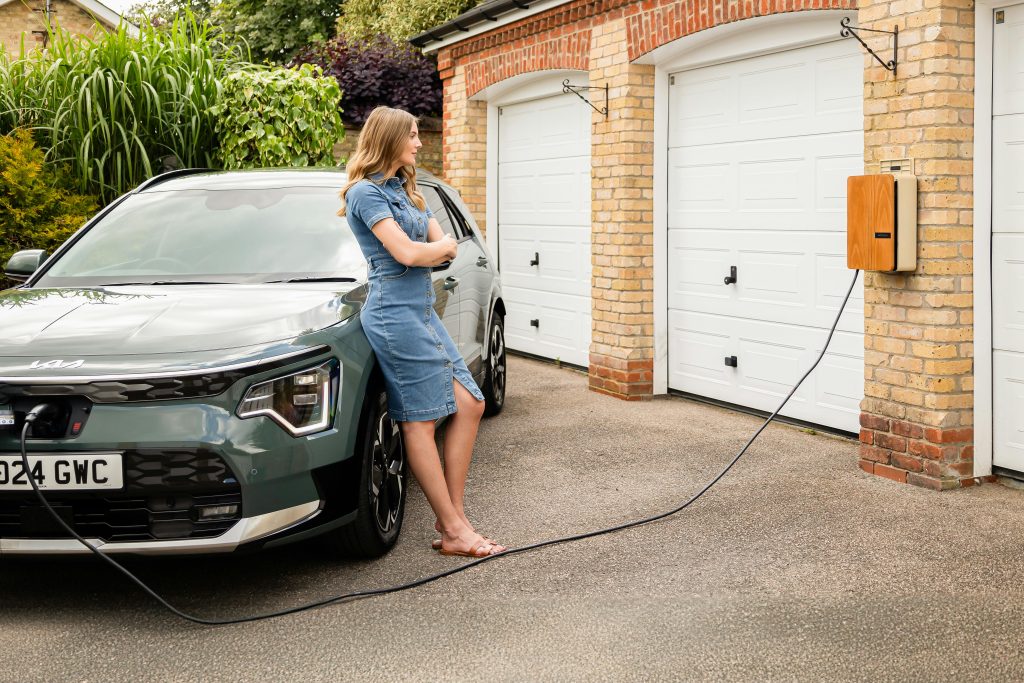
In the latest Budget discussions, UK Chancellor Rachel Reeves is reportedly considering the introduction of a new pay-per-mile tax on electric vehicles (EVs) — a move that could significantly alter the economics of owning an electric car in the UK.
According to media reports, Reeves is exploring a “3p-per-mile” levy on EVs from around 2028 onward. The Guardian+4Financial Times+4The Standard+4 The levy would sit alongside existing charges such as Vehicle Excise Duty (VED) and would aim to replace falling fuel-duty revenues as drivers shift away from petrol and diesel. The Standard+2The Guardian+2 Estimates suggest the charge could cost the average EV driver around £250-£300 a year, based on a typical mileage of about 8,900 miles. The Independent+1 Government sources say the measure is intended to make the road tax system “fairer” for all drivers, since conventional car drivers currently pay fuel duty at pumps, while EV drivers pay little or none. The Standard+1
As more drivers switch to electric vehicles, the Treasury faces a growing “black hole” in motor tax revenue. For example, petrol and diesel fuel duty currently raises around £24.4 billion annually; with EV uptake rising, an estimated £12 billion per year could be lost by 2040 unless new mechanisms are introduced. The Independent+1 Reeves and her colleagues argue that the tax base must evolve in line with changing vehicle technology and infrastructure.
If the scheme goes ahead as proposed:
The potential introduction of a mileage-based tax on electric vehicles by Chancellor Rachel Reeves marks a significant policy shift. While it aims to address the fiscal shortfall resulting from declining fuel duty, it also raises questions about timing and effect on EV uptake. For motorists, the pending change signals that the running-cost advantages of EV ownership may be set to evolve. Whether the measure will bolster fairness or hamper the green transition depends on how it is designed, communicated and implemented.


